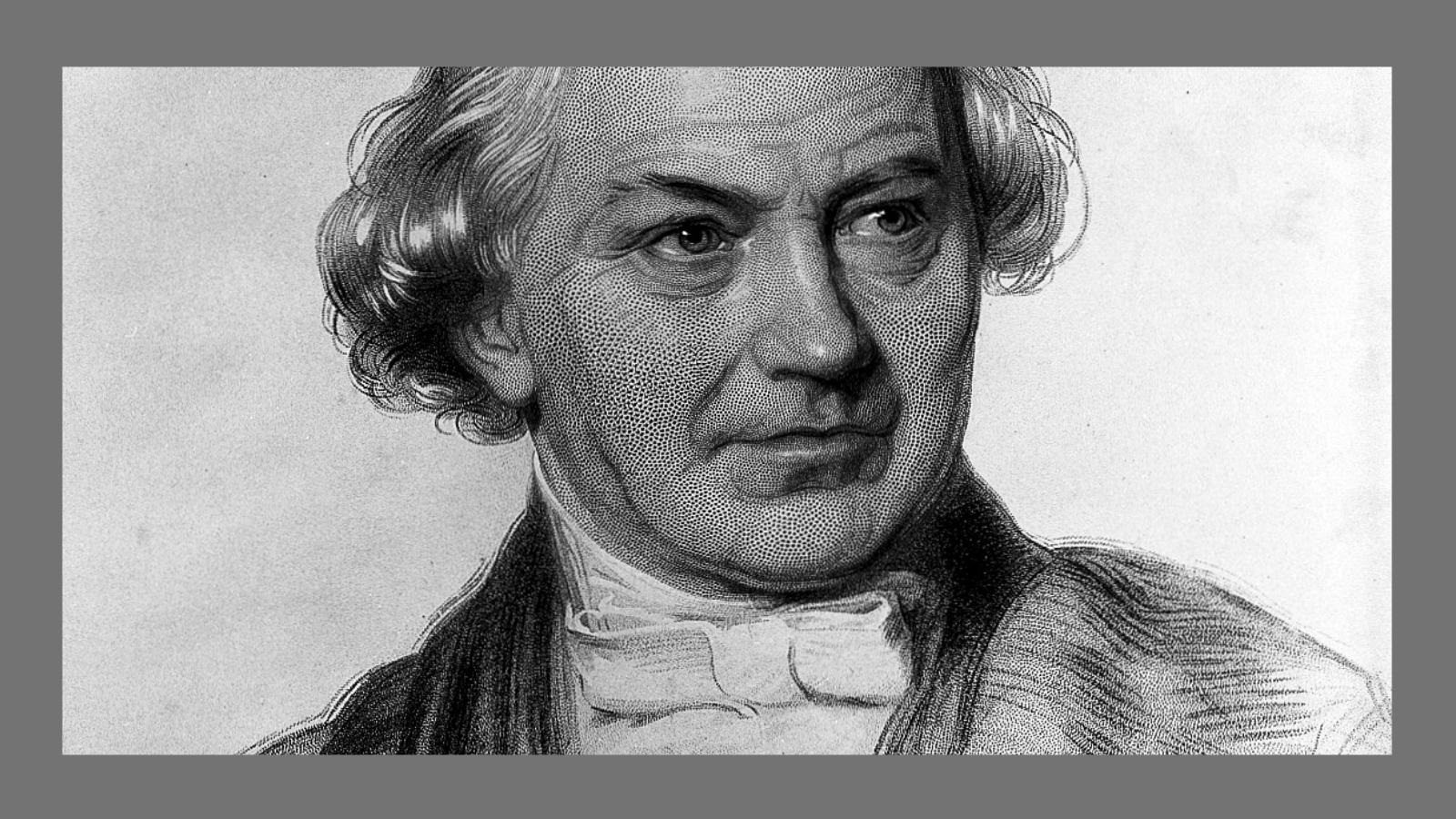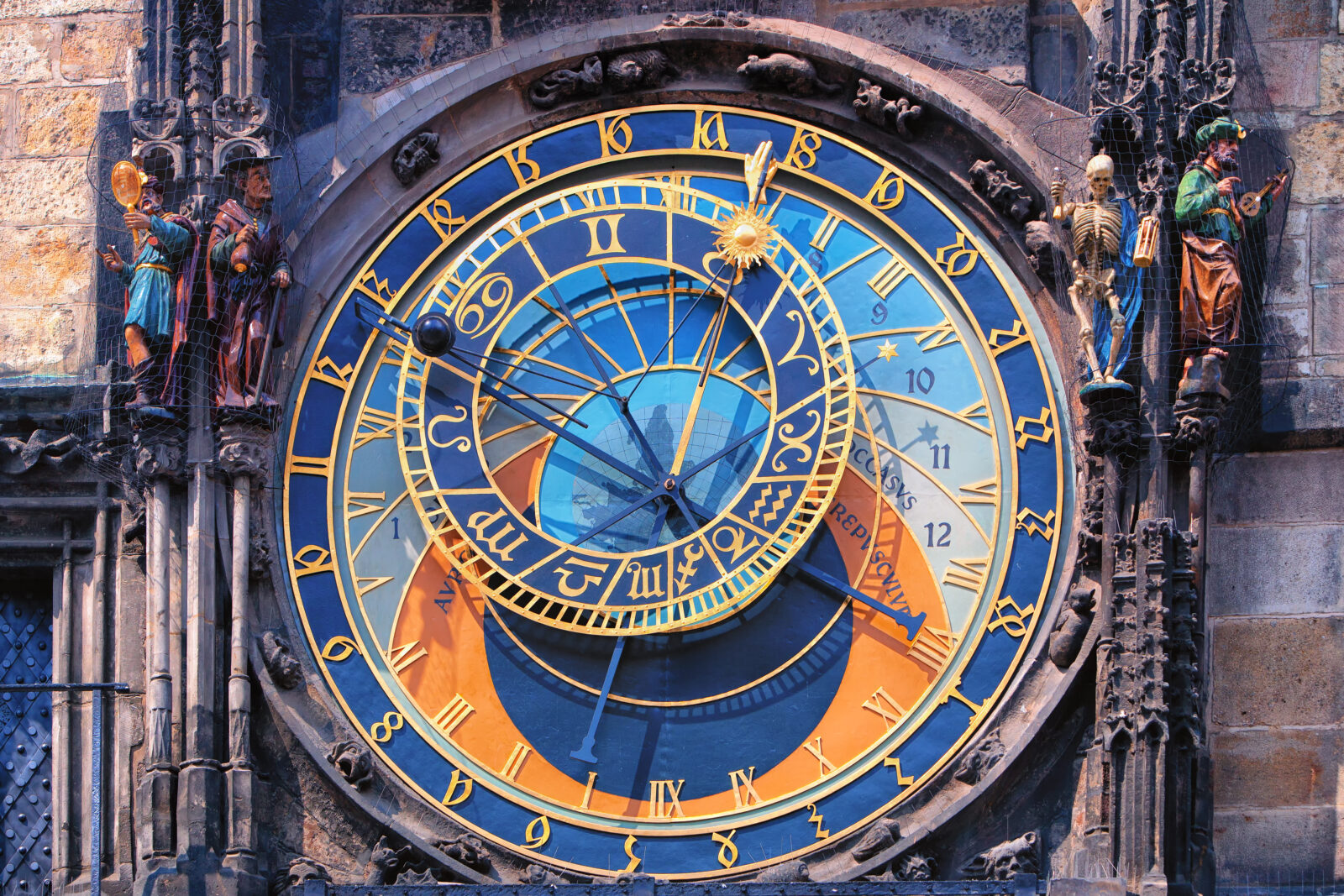


When Natural and Super-Natural Explanations Work Hand in Hand
Unbelievable: The Cosmic Copernican Demotion That Wasn’t
On this episode of ID the Future, Andrew McDiarmid again hears from science historian Michael Keas about another science myth exploded in Keas’ new ISI book Unbelievable: 7 Myths About the History and Future of Science and Religion. This time it’s the belief that Copernicus’s sun-centered cosmos demoted humans from our privileged position at the center. As another pioneering early astronomer, Galileo, noted, under the old astronomy the center was no privileged place. Instead it was viewed as the bottom of the universe, the “sump where the universe’s filth and ephemera collect.” So Copernicus’s discovery, if anything, elevated Earth’s place in the cosmos.
Read More ›Flat-Earth Faith in the “Dark Ages”: More Unbelievable Myths That Won’t Die
On this episode of ID the Future, Andrew McDiarmid continues his conversation with science historian Michael Keas on myths of science and religion, based on Keas’ new work from ISI Books, Unbelievable: 7 Myths About the History and Future of Science and Religion. This time they tackle two golden oldies and a kicker: (1) that the West suffered a thousand-year “Dark Ages” after the fall of the Roman Empire, (2) that the Europeans from this period believed in a flat earth, and — the kicker! — that Christianity was responsible for both errors. Keas asks, if people are trying to use myths like this to attack religion’s track record on knowledge and education, shouldn’t they know more about what’s really true?